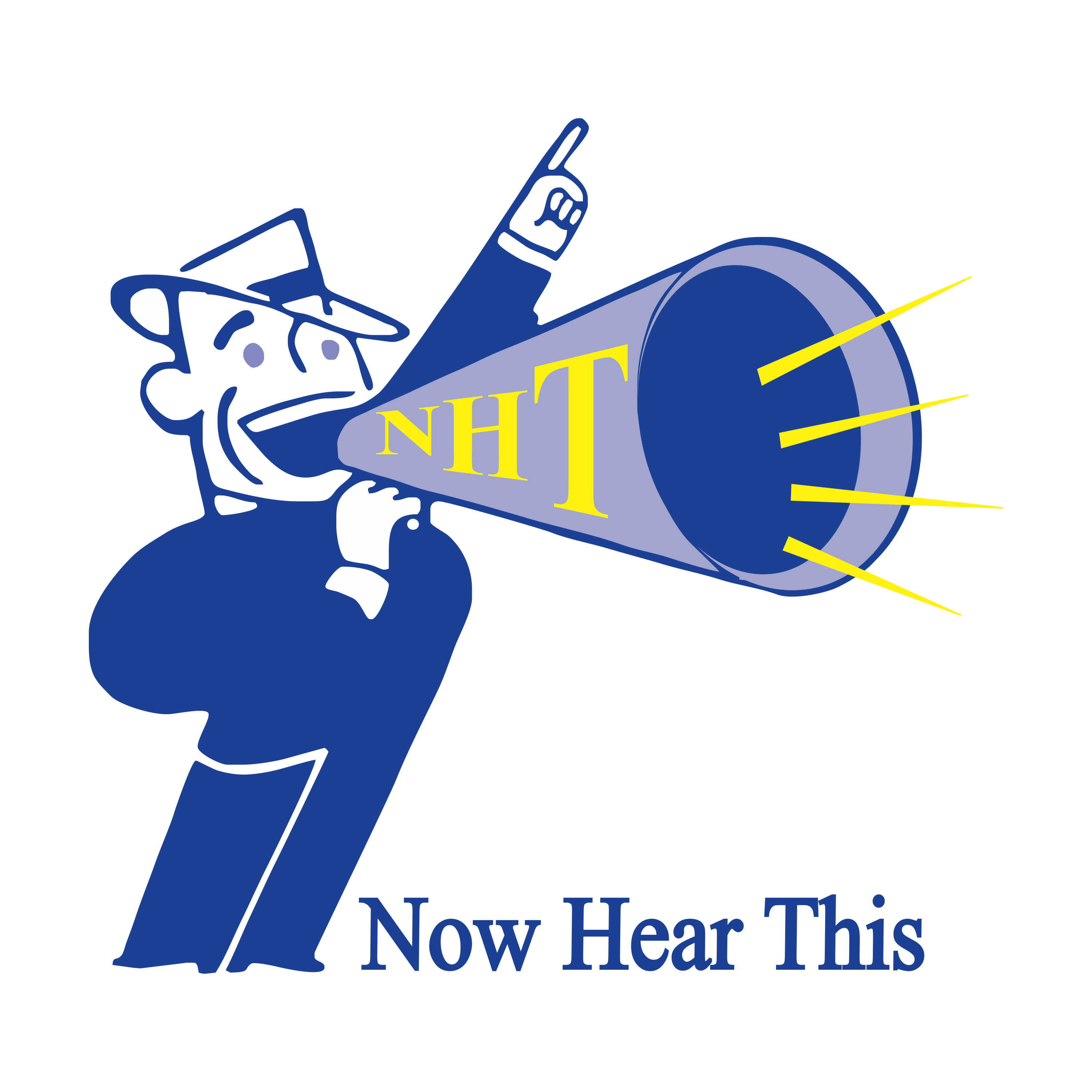 Navigating the labyrinth of product endorsements has long bewildered most artists, and with good reason. Regardless of whether or not they have a formal artist relations program, every company has their own unique policies, procedures, and outlook on endorsements, and no two relationships will be remotely the same.
Navigating the labyrinth of product endorsements has long bewildered most artists, and with good reason. Regardless of whether or not they have a formal artist relations program, every company has their own unique policies, procedures, and outlook on endorsements, and no two relationships will be remotely the same.
In most cases, some basic tenets hold true. In all cases, you as an artist are endorsing a company’s product in exchange for some type of consideration. Before we get into the different types of agreements, let’s revisit that last sentence, because it’s a point that’s often misunderstood – you as an artist are endorsing a company’s product. Far too many artists are under the impression that they are “being endorsed” by a company, and that’s simply not the case.
| Related posts: |
| 8 Ways Indie Artists Can Track Their Single's Success |
| Putting Value on the Various Facets of Your Indie Career |
Continuing that logic, it should be clear that you should never approach a company whose product you don’t already use and love, just to try and get a freebie. Most will see through this in a minute and ignore your overtures.
As mentioned earlier, endorsement deals come in all shapes and sizes. That said, unless you’ve already got a major following, monetary compensation is pretty rare. In most cases, a company will provide you with product in exchange for your endorsement. How much product, and whether it’s free or discounted at an artist accommodation price, are variables that will differ widely depending on the company and the cost of the product, as well as what you bring to the table as an artist. For example, it’s easier for a company to give away a microphone or other small item than an expensive instrument, console, or other high-ticket item. And unless you’re an exceptionally high-profile artist whose endorsement has the potential to influence thousands of new purchases, you’re unlikely to be granted a virtual shopping spree.
Another thing to keep in mind is that an endorsement relationship, like any other kind of relationship, is more valuable as an ongoing thing than a one-shot deal. A long-term association as a “friend of the family” will keep you front and center with the people at the company who matter, opening the door to ongoing support and potentially giving you the inside scoop (and sometimes even input into the development) on new products and other developments. At the very least, you will be far more valued and respected than someone who disappears as soon as they get their freebie.
There’s a whole lot more nuance to the subject of artist relations and endorsement deals than we can possibly go into in the space of this article, but I’ll leave you with this: just as in every other aspect of interpersonal relations, integrity matters in your endorsement relationships. Don’t lend your name to a product you don’t truly love, and don’t take advantage or abuse the relationship.  Daniel Keller handled European artist relations for Shure Microphones, as well as consulting to numerous other music and pro audio companies. He also handled product management for TASCAM, helping to develop and market some of the first DAW control surfaces. Since 2002 he has run Get It In Writing, a media relations and digital marketing company focused on industry-leading music and audio technology manufacturers. He also hosts the “30 Second Chances” and “Insights In Sound” podcasts.
Daniel Keller handled European artist relations for Shure Microphones, as well as consulting to numerous other music and pro audio companies. He also handled product management for TASCAM, helping to develop and market some of the first DAW control surfaces. Since 2002 he has run Get It In Writing, a media relations and digital marketing company focused on industry-leading music and audio technology manufacturers. He also hosts the “30 Second Chances” and “Insights In Sound” podcasts.
